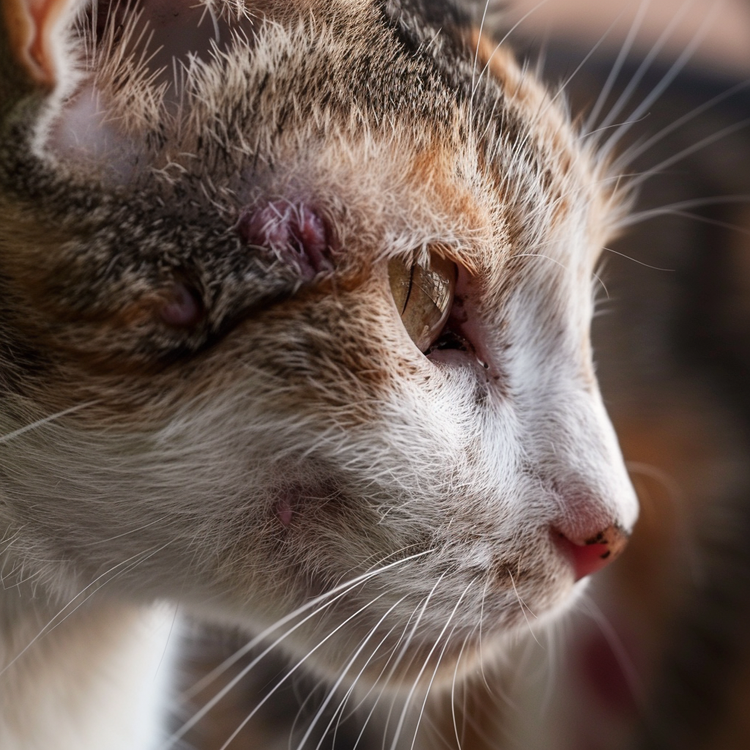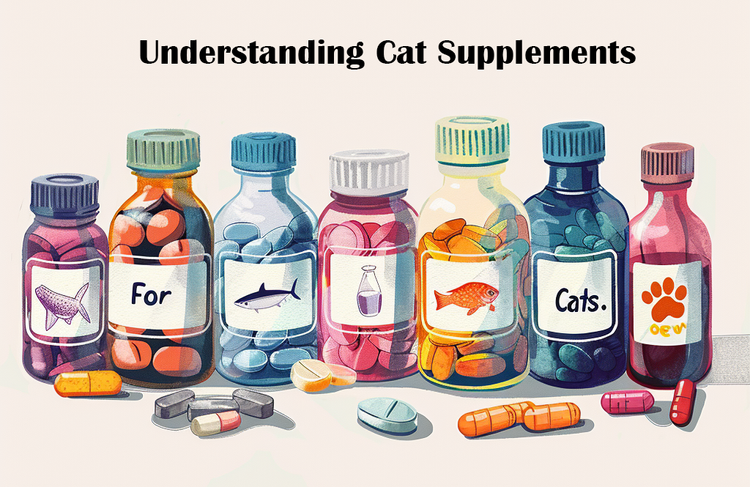What Causes Kidney Disease in Cats? Top 5 Factors

Table of Contents
- What Is Kidney Disease in Cats?
- How Is Kidney Disease Diagnosed in Cats?
- Top 5 Factors Causing Kidney Disease in Cats
- Treatment and Management
- Prevention Tips
- Final Thoughts
- FAQs
Kidney disease in cats is more common than most pet owners realize, and understanding the contributing factors is crucial for prevention and early treatment. The kidneys play a pivotal role in maintaining your cat’s health, filtering waste and balancing fluids. When these critical organs fail to function optimally, the consequences can be severe, affecting not just the kidneys but other bodily systems as well. In this article, we will delve into the top 5 factors that contribute to kidney disease in cats, from genetic predispositions to environmental toxins. By the end of this read, you’ll be armed with valuable information to help protect your feline friend from this debilitating condition.
What Is Kidney Disease in Cats?
Definition of Kidney Disease
Kidney disease in cats, also known as renal failure, is a medical condition where the kidneys are unable to adequately filter waste products from the blood. This can result in a build-up of toxins that can severely affect your cat's overall health. Kidney disease can be acute, occurring suddenly, or chronic, developing over a longer period.
Importance of Kidneys in a Cat's Body
The kidneys serve multiple essential functions in a cat’s body. They regulate blood pressure, produce hormones, control the production of red blood cells, and more importantly, filter waste and excess substances like urea, toxins, and drugs from the blood. When kidneys fail to function correctly, these processes get disrupted, putting your cat's life at risk.
Symptoms of Kidney Disease
Kidney disease often goes unnoticed in its early stages, but as it progresses, you may observe several changes in your cat’s behavior and physical condition. Common symptoms include:
- Increased thirst and urination
- Lethargy or depression
- Vomiting or diarrhea
- Loss of appetite
- Weight loss
- Bad breath with a chemical odor
- Disorientation or stumbling
- Dull or unkempt coat
It’s essential to note that these symptoms are not exclusive to kidney disease and may indicate other health issues. Therefore, a prompt visit to the vet is imperative for an accurate diagnosis and appropriate treatment.

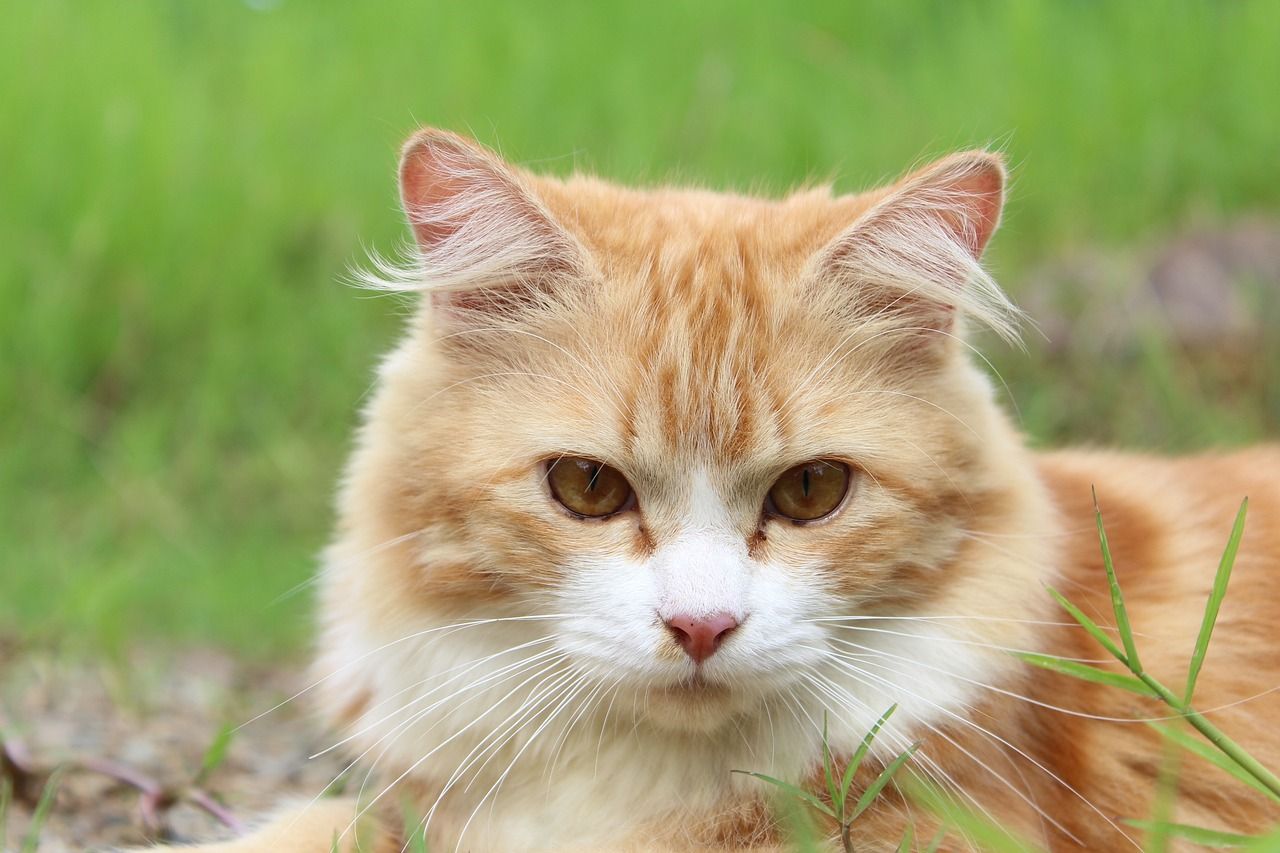
How Is Kidney Disease Diagnosed in Cats?
When it comes to diagnosing kidney disease in cats, a thorough examination and a series of tests by a qualified veterinarian are indispensable.
Tests and Procedures
The diagnostic process usually starts with a comprehensive blood test and urinalysis to evaluate kidney function and detect abnormalities. Ultrasounds and X-rays may also be performed to examine the physical condition of the kidneys. These tests can highlight issues such as kidney stones, cysts, or tumors that could be causing the symptoms.
Signs That Should Prompt a Visit to the Vet
If your cat is showing symptoms like increased thirst and urination, vomiting, lethargy, or loss of appetite, these could be red flags signaling kidney issues. Cats often hide their pain well, so any noticeable change in behavior or physical condition should warrant immediate veterinary attention. Early diagnosis is key to effective management and treatment of kidney disease.
Top 5 Factors Causing Kidney Disease in Cats
Knowing the leading causes of kidney disease can empower you to take proactive steps in safeguarding your cat’s health. Let's delve into the top 5 contributing factors.
Genetic Predisposition
Breeds That Are More Susceptible
While kidney disease can affect any cat, certain breeds have been found to be more predisposed to developing this condition. Breeds like Persians, Maine Coons, and Siamese cats have a higher likelihood of suffering from hereditary forms of kidney disease.
How Genetics Can Play a Role
Genetic factors can significantly influence the onset and progression of kidney disease. Some cats inherit genes that make them more susceptible to kidney problems. Research is ongoing, but mutations have been identified in some breeds that are linked to renal issues. If you're adopting or purchasing a purebred cat, it's crucial to inquire about the animal's family health history and, if possible, consider genetic testing for known markers of kidney disease.
Age
Why Older Cats Are More at Risk
As cats age, they become more susceptible to a host of health conditions, kidney disease being one of the most prevalent. Renal function naturally declines with age, making older cats more vulnerable to kidney-related problems. This deterioration in kidney function isn't necessarily a sign of disease but rather a natural aging process. However, it does mean that older cats have a reduced ability to cope with toxins, medications, and metabolic changes, thereby making them more susceptible to developing full-blown kidney disease.
Age-Specific Symptoms to Watch Out For
While the general symptoms of kidney disease, like increased thirst and lethargy, are consistent across all age groups, older cats may show additional signs, such as arthritis-related stiffness, or cognitive issues like disorientation. These can sometimes mask or distract from the underlying kidney issues. Therefore, if your senior feline starts behaving differently, it's crucial to consider a vet visit for a comprehensive check-up, including kidney function tests.
Diet
Harmful Foods and Substances
The diet you provide for your cat can either be a pillar of health or a ticking time bomb. Foods high in phosphorus and low-quality proteins can strain the kidneys over time, leading to potential kidney disease. Human foods like chocolate, grapes, and onions, as well as over-the-counter non-prescription medications, can be toxic to cats and should be avoided at all costs to protect their renal health.
Recommended Diet for Kidney Health
A kidney-friendly diet can make a world of difference for cats prone to renal issues. Opt for high-quality proteins and low-phosphorus foods to ease the workload on the kidneys. Prescription renal diets are available that provide the right balance of nutrients for cats with kidney issues. Supplements like omega-3 fatty acids can also support kidney health. Consult your vet for personalized dietary recommendations tailored to your cat’s specific needs.
Environmental Toxins
Common Toxins in a Cat's Environment
We often think of our homes as safe havens, but for cats, they can be a minefield of potential toxins. Household cleaners, antifreeze, and even certain plants like lilies can be highly toxic to your cat’s kidneys. These substances can cause acute kidney injury if ingested, even in small amounts. Moreover, second-hand smoke and some types of insecticides can also contribute to long-term renal problems in pets.
Steps to Minimize Exposure
To protect your feline friend from environmental toxins, become a label reader. Opt for pet-safe cleaners and keep all hazardous substances out of reach. Consider using natural alternatives for cleaning where possible. If you have plants, make sure they are non-toxic varieties, and consult your vet about safe insecticides. Good ventilation is crucial if you're using any strong chemicals in your home. The less exposure your cat has to these environmental toxins, the lower their risk of developing kidney issues.
Underlying Health Conditions
Diseases That Can Lead to Kidney Issues
While kidney disease can sometimes be a primary issue, it often develops as a secondary complication to other medical conditions. Diabetes, high blood pressure, and urinary tract infections (UTIs) are just a few examples of conditions that can exacerbate or lead to kidney problems in cats. These conditions can place added strain on the kidneys, thereby accelerating the deterioration of renal function.
Importance of Regular Check-ups
Consistent veterinary care is your frontline defense against most feline health issues, including kidney disease. Regular blood tests and urinalysis can catch kidney problems in their early stages as well as help manage underlying conditions that could contribute to renal issues. Early diagnosis and ongoing monitoring can make a significant difference in your cat's prognosis and quality of life.
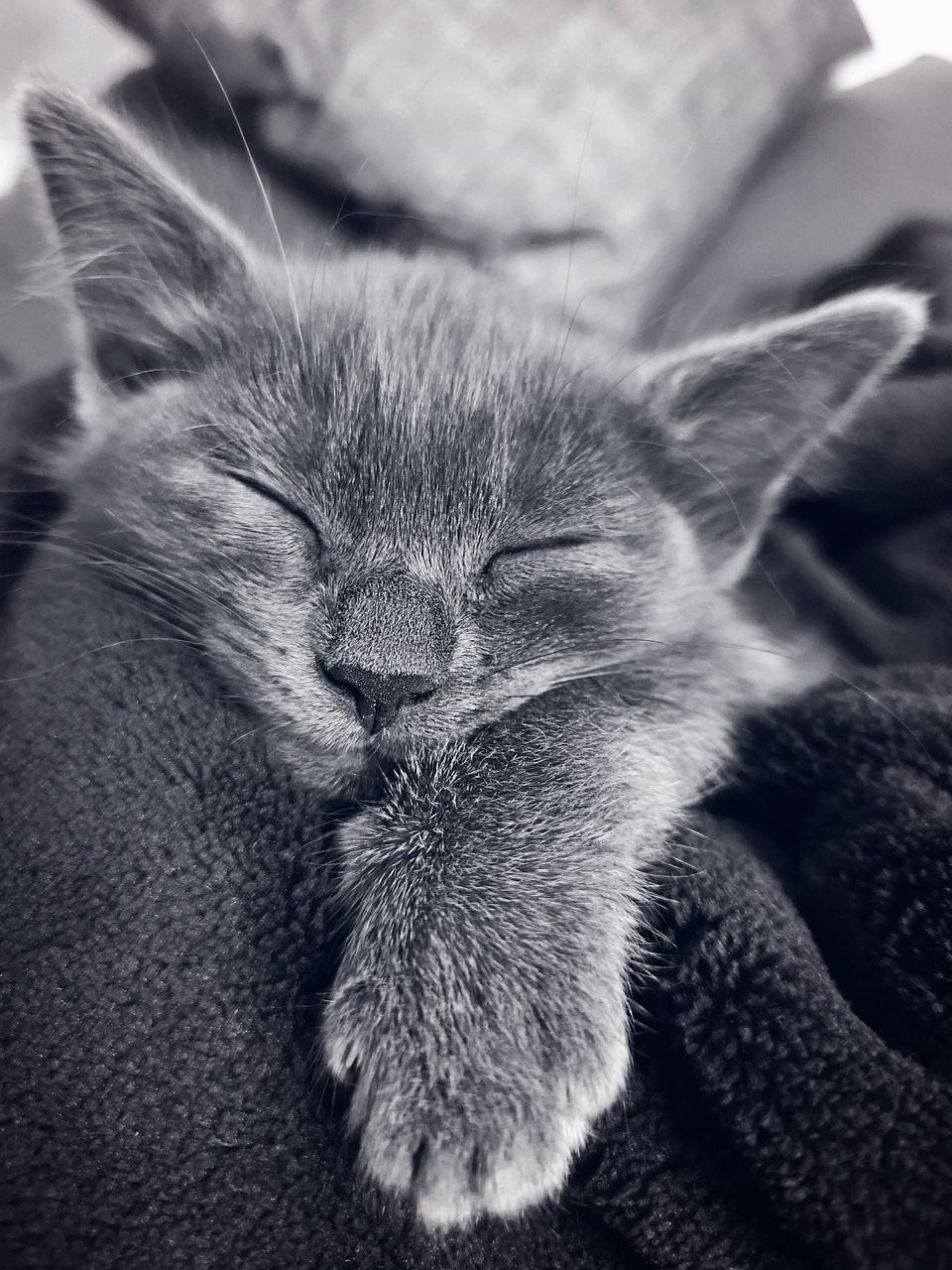
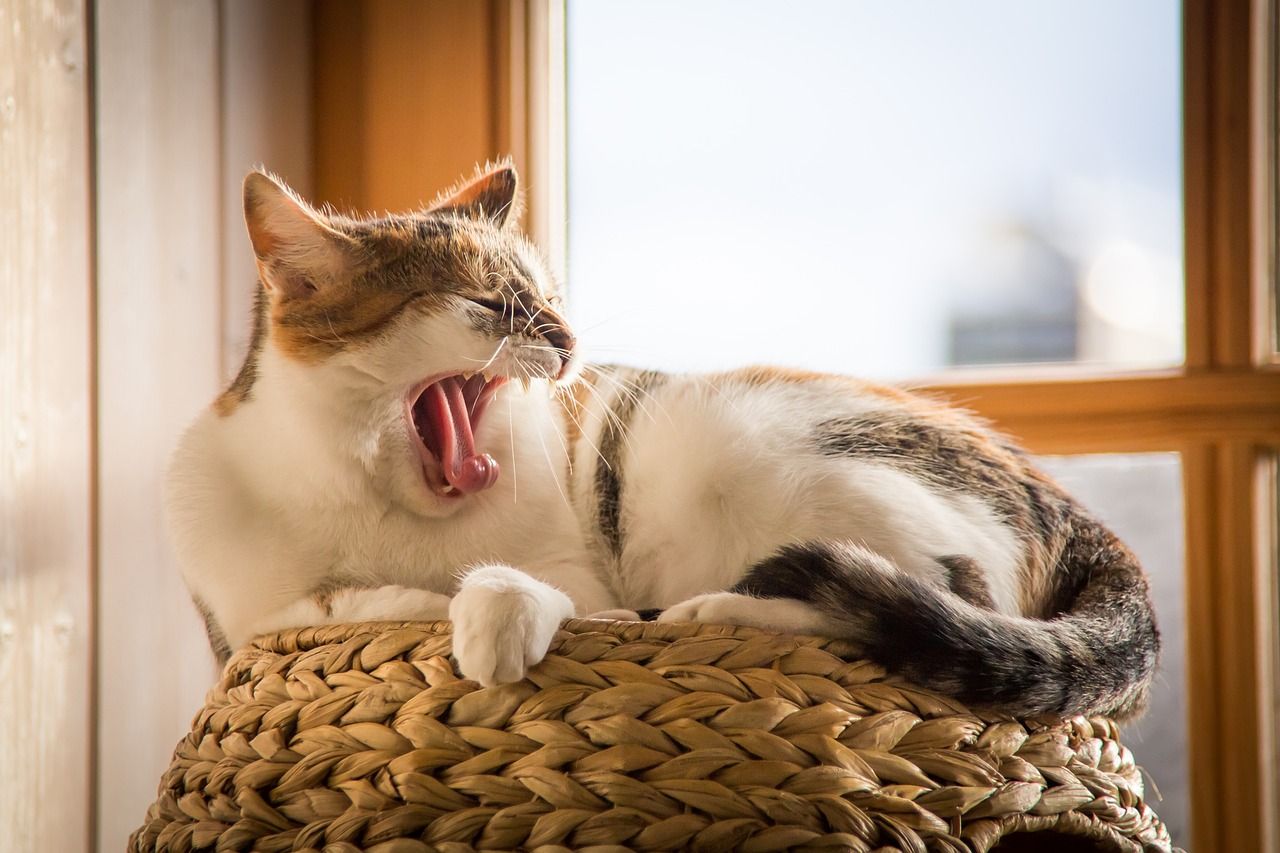
Treatment and Management
Available Treatments
When it comes to treating kidney disease in cats, veterinary intervention is crucial. Options often include intravenous fluids to flush out toxins and prescription diets specifically tailored for renal support. Medications like phosphorus binders and blood pressure medications may also be prescribed to manage symptoms and slow the disease's progression. In severe cases, surgical options like kidney transplants or dialysis may be considered, although these are generally last resorts.
Importance of Early Diagnosis
Detecting kidney disease in its early stages is pivotal for effective management and treatment. The sooner you catch it, the better the chances of slowing down the disease and enhancing your cat's quality of life. Advanced stages of kidney disease are much more challenging to manage and often come with a less optimistic prognosis. Therefore, early diagnosis is a game-changer.
Lifestyle Changes That Can Help
In addition to medical treatments, certain lifestyle changes can make a positive difference. These include ensuring fresh water is always available and making adjustments to diet, focusing on low-phosphorus and high-quality proteins. Exercise and mental stimulation also contribute to overall health, which can support kidney function indirectly.

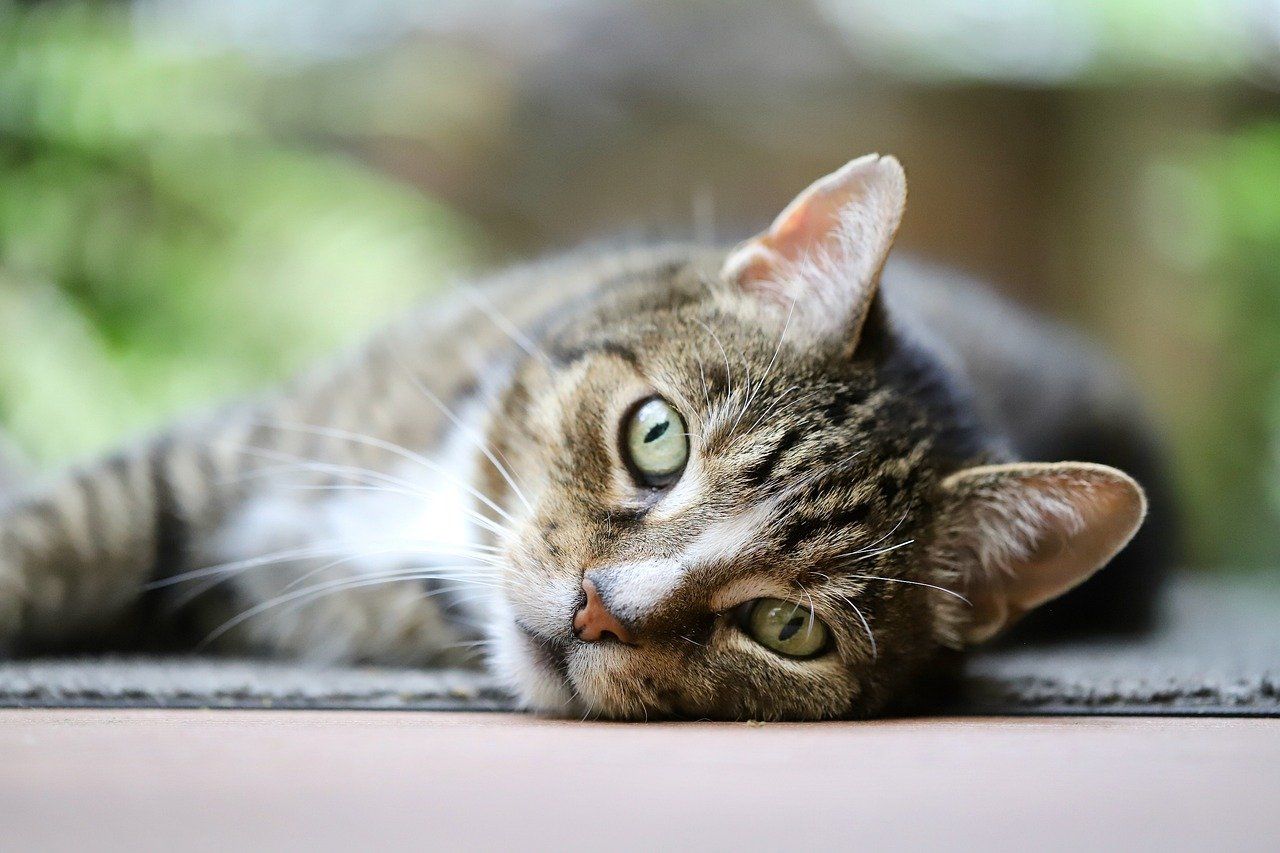
Prevention Tips
Simple Steps to Reduce Risks
Prevention is always better than cure, and the same holds true for kidney disease in cats. A balanced diet, rich in high-quality proteins and low in phosphorus, can be beneficial. Ensure your pet has regular access to clean water and minimize exposure to environmental toxins by using pet-safe cleaning products. Avoid feeding your cat harmful human foods and medicines.
Importance of Regular Vet Visits
Routine veterinary check-ups are essential for early detection of any health issues, including kidney disease. Blood tests, urinalysis, and regular physical exams can catch signs of kidney dysfunction before it becomes severe. Consistent vet visits are a cornerstone of preventive health care for your feline friend.
Final Thoughts:
Understanding the root causes and contributing factors of kidney disease in cats is not just informational—it's vital for the well-being of your feline companion. We've journeyed through various aspects, from genetic predispositions and age-related risks to the roles of diet and environment. Knowledge is your first line of defense, empowering you to take actionable steps in prevention and early treatment.
For all cat owners, the takeaway is clear: be vigilant and proactive. Whether it's modifying your pet's diet or environment, or setting up regular vet visits for early diagnosis, these are more than just good practices—they're potential lifesavers. By acting on the information you've learned here, you can make a substantial difference in your cat's quality of life and longevity.
Frequently Asked Questions (FAQs)
What Are the Early Signs of Kidney Disease in Cats?
Early signs may include increased thirst and urination, loss of appetite, and lethargy. If you notice any of these symptoms, consult your veterinarian for proper diagnosis and treatment.
Can Kidney Disease in Cats Be Reversed?
While kidney disease is generally not reversible, early diagnosis and treatment can slow down its progression and improve the quality of life for your cat.
What Foods Should I Avoid Giving My Cat If It Has Kidney Disease?
Avoid foods that are high in phosphorus and low-quality proteins. Stick to prescription diets recommended by your vet, which are specifically formulated for cats with kidney issues.
Is Kidney Disease More Common in Older Cats?
Yes, kidney function naturally declines with age, making older cats more susceptible to kidney disease. However, it can affect cats of all ages due to various factors like genetics, diet, and environment.
How Often Should I Take My Cat to the Vet for Kidney Check-ups?
Frequency of vet visits depends on the severity of the disease and any underlying health conditions. However, regular check-ups every 6 to 12 months are generally recommended for early detection and management.
Are There Any Home Remedies for Treating Kidney Disease in Cats?
While there are some supplements and natural remedies that claim to support kidney health, it's crucial to consult your veterinarian for a treatment plan tailored to your cat’s specific needs.
What Are the Long-Term Effects of Kidney Disease on a Cat’s Life?
Untreated kidney disease can lead to a range of complications, including severe dehydration, high blood pressure, and ultimately, failure of the kidneys, which can be fatal.
